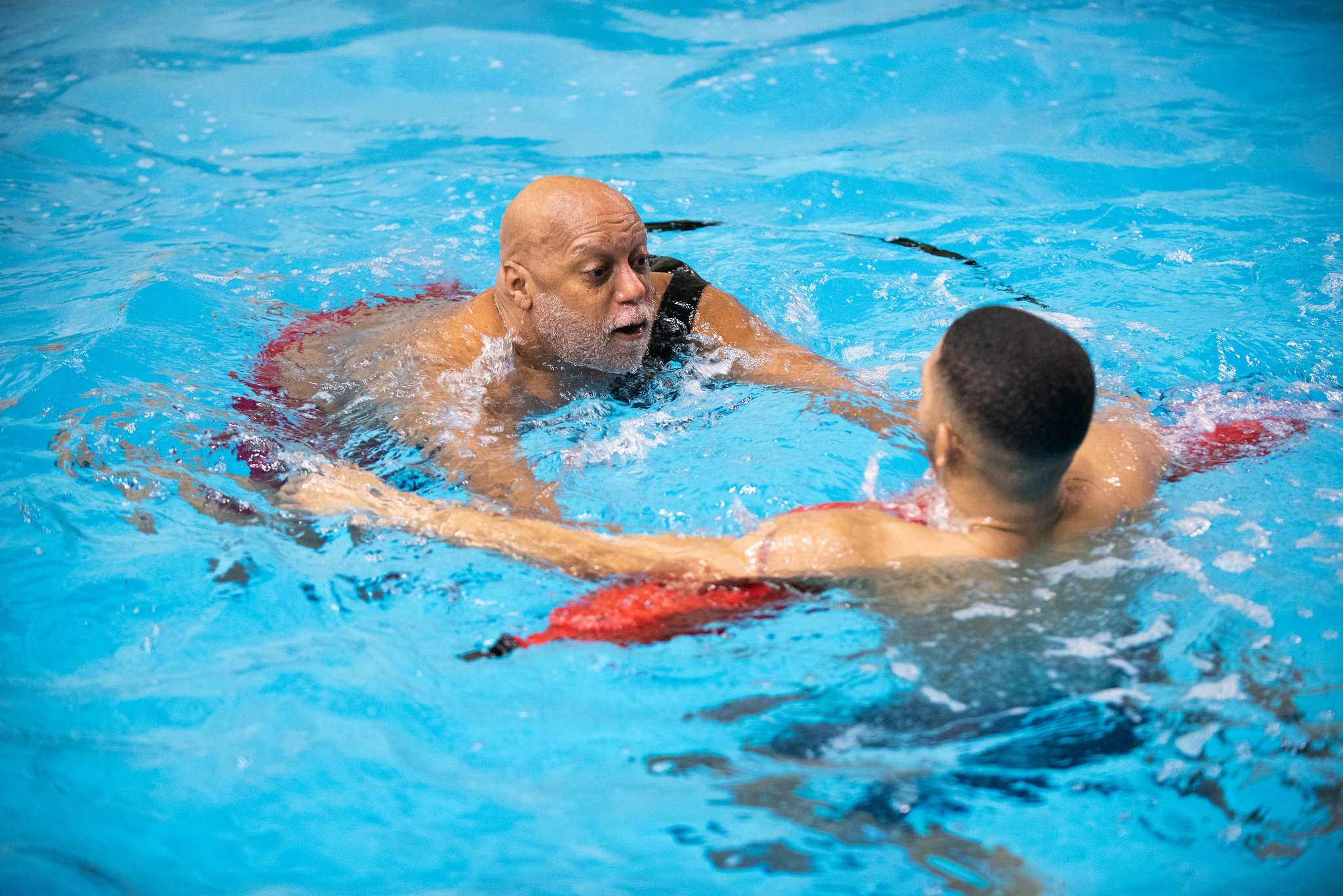What Are The Duties Of A Junior Lifeguard And A Beach Lifeguard?

What is a Junior Lifeguard
A junior lifeguard is usually between the ages of 9 and 14 and enrolled in a swim safety program. This program is about training young people to ensure safety. They often participate in a variety of activities that spark their interest in becoming a lifeguard one day. The courses are led by certified lifeguards.
One of the most common activities for a young lifeguard is learning first aid and CPR. The Junior Lifeguard learns how to attend to an injured person on the beach or pool. He or she will also be taught how to perform CPR, a life-saving technique used on people who have stopped breathing.
What do Junior Lifeguards do?
Junior Lifeguard training near me programs are designed to stimulate interest in future work as a certified lifeguard. For this reason, lifeguard instructors teach children to rescue techniques. Junior lifeguards learn how to rescue drowning people, how to tell if a swim area is too dangerous to enter, and how to rescue people with a paddleboard or throwing device. Junior lifeguards also learn how to prevent accidents in and around the water.
Water safety, first aid, and CPR aren’t the only activities available when participating in a junior lifeguard program. Young swimmers also have the opportunity to relax in the water. For example, they can participate in water games, surfing, and bodyboarding. Junior lifeguards on the beach can even learn about the effects of ocean pollution or marine biology. Of course, a junior lifeguard program usually leaves time for children to swim informally as well.
Each program has its own entry requirements, but most require the ability to swim 100 yards (91.4 m) in no more than two minutes. Young swimmers wishing to participate may also need to be able to swim at least 10m underwater. You must be in good physical condition to safely participate in a junior lifeguard program.
On the other hand, they offer such programs to encourage trained lifeguards to apply to become certified lifeguards when they are old enough to find employment. Because it is difficult to find trustworthy employees who want to stay in an organization, lifeguard associations educate people from a young age. If the young lifeguards enjoy the work of water safety and rescue, they may be more likely to apply to become certified lifeguards in the future. This means that the lifeguards have qualified, trained employees who remain loyal to the water recreation facility.
What is a Beach Lifeguard?

A beach lifeguard typically has many more responsibilities than watching swimmers from a tower. Many lifeguards are expected to patrol beaches on foot; some are responsible for accessing major coastal beaches and ensuring their safety. Teaching safety-related courses and obtaining and renewing first aid/rescue qualifications are other common activities of a beach lifeguard.
Also Read About: What training do you need to be a lifeguard?
What Does a Beach Lifeguard Do?
The activities and tests required for beach lifeguards to earn their professional qualifications vary based on the standards set in different regions and countries. A beach lifeguard may be tested for cardiopulmonary resuscitation (CPR) knowledge or open water skills. Open water lifeguards supervise swimmers away from shores, such as those jumping into the sea from a yacht or cruise ship. All types of lifeguards must be willing and able to provide CPR to drowning or heart attack victims. CPR is also known as mouth-to-mouth resuscitation because the rescuer blows air into the patient’s mouth while applying pressure to the chest to try
Some beach rescuers can teach CPR and other safety techniques to the public. Safe boating courses can also be provided by a beach rescue service. Lifeguard teams are often responsible for protecting multiple beaches in a regional area for the public. They can operate inflatable boats or four-wheel drive vehicles to patrol coastal strips. A beach lifeguard team member may communicate with other members using cell phones or other wireless communication devices.
On smaller beach areas, the lifeguard can take over tasks such as cleaning. When the beach is open to the public, all lifeguards must supervise swimmers and be prepared to provide rescue or first aid services if necessary. A beach swimmer monitors swimmers for signs of weakness, distress, or panic in preparation to reach that swimmer quickly to prevent drowning.
Most beach lifeguards patrol beaches on foot and monitor swimmers from a lifeguard tower chair. You must enforce the beach rules if anyone is involved in unsafe or illegal activities on the property. A beach lifeguard will usually post-beach policy signs. Beach lifeguards can be paid or volunteer staff. You can work on river, ocean or lake beaches. Keeping a log of rescue operations and other important events is one of the primary duties of many beach lifeguards.
Lifeguards are an essential part of a fire department. To become a qualified lifeguard, you must have strong psychological pressure. Lifeguards on the beach are in great danger to protect the safety of tourists, not only to gain their appreciation but more importantly, the safety of the people. If you want to show your appreciation, you can give the lifeguards some Firefighter Challenge coins as souvenirs. If you want, please order now
The American Lifeguard Association has good lifeguard training offers with different levels of certification. visit our website to choose a program that suits you the best.









